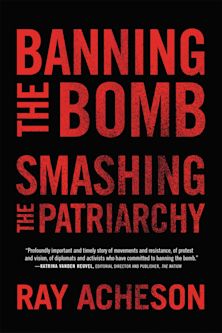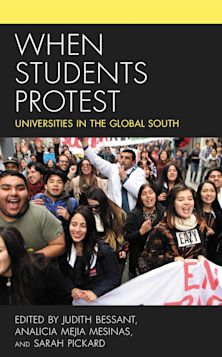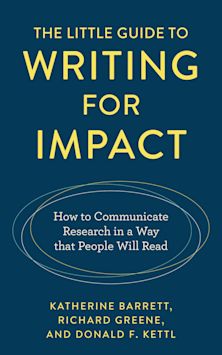- Home
- ACADEMIC
- Politics & International Relations
- Politics - Other
- Does Redistricting Make a Difference?
Does Redistricting Make a Difference?
Partisan Representation and Electoral Behavior
Does Redistricting Make a Difference?
Partisan Representation and Electoral Behavior
This product is usually dispatched within 10-14 days
- Delivery and returns info
-
Free UK delivery on orders £30 or over
You must sign in to add this item to your wishlist. Please sign in or create an account
Description
In 1812 the Jeffersonian-dominated Massachusetts legislature, with the approval of Governor Elbridge Gerry, split Essex County in an effort to dilute the strength of the Federalists. Noting the resemblance of the new, oddly shaped district to a well-known amphibian, a local newspaper dubbed the creation a "gerrymander." Less well known about this oft-recounted episode of American history, writes political scientist Mark Rush, is its outcome: in the ensuing election, the Federalists won the district anyway.
Today, politically divisive redistricting-gerrymandering to some-still causes bitter reapportionment disputes, renewed threats of class action lawsuits, and legislative wrangling. In Does Redistricting Make a Difference? Rush offers a skeptical inquiry into this controversy and a critical assessment of the assumptions underlying current analyses of the redistricting process. He focuses on long-term voting results in redrawn districts and concludes that redistricting-at least given present criteria and guidelines-has little impact. By showing how difficult it is to perpetrate a successful partisan gerrymander, Rush challenges the notion that an electorate can be organized into Democratic and Republican "groups." He further questions the validity of current political research-and highly paid political consulting-undertaken on the assumption that such organization is feasible. Certain to provoke discussion and debate, Does Redistricting make a Difference? is a timely look at a topic as controversial today as it was in the days of Elbridge Gerry.
Table of Contents
Chapter 2 The Court's Approach to Gerrymandering and Representation
Chapter 3 The Political Science Model of Voting Behavior and Its Importance for Redistricting Analysis
Chapter 4 Theories and Methods of Gerrymandering Analysis
Chapter 5 The States as Political Units
Chapter 6 The Impact of Redistricting and Incumbency on Voting Behavior
Chapter 7 Conclusion: Political Science, Representation, and Politics
Product details
| Published | 26 Sep 2000 |
|---|---|
| Format | Paperback |
| Edition | 1st |
| Extent | 192 |
| ISBN | 9780739101926 |
| Imprint | Lexington Books |
| Dimensions | 229 x 152 mm |
| Publisher | Bloomsbury Publishing |
About the contributors
Reviews
-
Does Redistricting Make a Difference?. . . provides evidence that the assumptions made by legal experts and political scientists regarding the possibility of, and the consequences from, partisan gerrymandering may be faulty. It raises serious theoretical questions about concepts such as "fair representation" and "politically relevant groups."
American Political Science Review



































